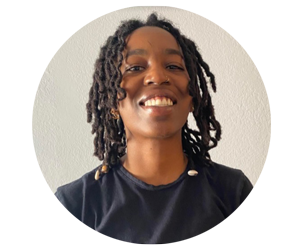One commonly overlooked work discrimination factor is age. Individuals aged 40 and over are protected under the Age Discrimination in Employment Act (ADEA) of 1967. This act bans using age as a determining factor in hiring, promotion, or other work incentives. While both older and younger employees may experience some form of age discrimination in the workplace, this article will focus on the experiences of older professionals.
How Ageism Impacts People at Work
Older employees and candidates are often assumed to be resistant to change or unfamiliar with newer technologies. As result, they may be passed over for certain opportunities. Here’s an example:
A company is hiring a new social media manager for an upcoming marketing campaign. The hiring team has received applications from the following two candidates:
- 51-year-old Michelle who has over 20 years of experience in advertising and blogging
- 23-year-old Hailey who has over 300,000 followers on TikTok but less than 2 years of work experience
On paper, both candidates may be equally qualified to perform the role. However, the hiring team chooses not to interview Michelle assuming she won’t know how to use social media because of her age. Dismissing a candidate based on age despite their experience and skillset is discrimination.
Current Employees
Employees may face age discrimination in the workplace at their current jobs including being pressured to retire earlier, intentionally being left out of work events, or receiving outright rude comments or jokes about their age. They may also be unfairly tasked with more difficult or tedious assignments.
Conclusion
All employees are deserving of a welcoming work environment. We can combat age discrimination at work by refraining from using discouraging language in reference to older employees. Don’t make assumptions about employees’ capabilities or leave them out if you notice they are struggling with tasks. Ensure all employees have equal opportunities for continued education and trainings.
Lastly, understand that everyone ages and consider how you would want to be treated in the future.

By Kendra McFadden | Content Writer
Baltimore-native Kendra McFadden is a graduate of Morgan State University where she received a B.S. in Business Information Systems. She has written in various industries including finance and real estate before turning her eye to marketing and film. She is currently working as a content writer in the IFS Marketing department contributing to the DEI&B Culture Book Diversity Dive series.








